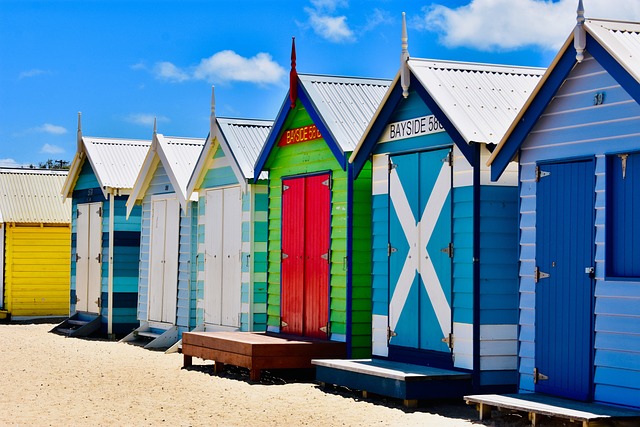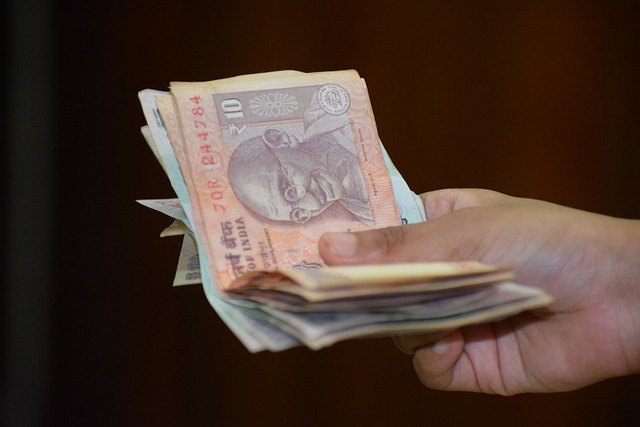Dutch Startups: Innovation and Entrepreneurship

The Netherlands has emerged as a vibrant hub for startups, fostering a culture of innovation and entrepreneurship that attracts talent and investment from around the world. With a strong ecosystem, supportive government policies, and a strategic location in Europe, the Netherlands offers an ideal environment for startups to thrive. This article explores the key factors driving the success of Dutch startups, highlights notable companies, and examines the challenges and opportunities in the Dutch startup landscape.
The Dutch Startup Ecosystem
Key Components
The Dutch startup ecosystem is characterized by a collaborative network of entrepreneurs, investors, universities, and government agencies. Key components include:
- Incubators and Accelerators: Organizations like Rockstart, Startupbootcamp, and ACE Venture Lab provide mentorship, funding, and resources to early-stage startups.
- Co-Working Spaces: Spaces such as TQ Amsterdam, B.Amsterdam, and Seats2Meet offer flexible working environments and networking opportunities.
- Funding and Investment: The Netherlands has a robust investment landscape, with venture capital firms like Prime Ventures, henQ, and FORWARD.one actively supporting startups.
Government Support
The Dutch government plays a crucial role in fostering innovation and entrepreneurship through various initiatives and policies.
- Startup Visa: The Dutch Startup Visa allows non-EU entrepreneurs to establish and grow their startups in the Netherlands.
- Tax Incentives: Programs like the Innovation Box offer reduced tax rates for income derived from innovative activities.
- R&D Grants: The WBSO (R&D Tax Incentive) provides financial support for research and development activities.
Key Sectors for Dutch Startups
Technology and Software
The Netherlands is a leader in technology and software innovation, with startups specializing in areas such as artificial intelligence, cybersecurity, and fintech.
- Adyen: A global payment company that provides a unified platform for online, mobile, and point-of-sale payments.
- MessageBird: A cloud communications platform that enables businesses to communicate with customers via multiple channels.
AgriTech and Food Innovation
With a strong agricultural heritage, the Netherlands is at the forefront of AgriTech and food innovation.
- Protix: A company that produces sustainable animal feed from insects, contributing to a circular economy.
- Mosa Meat: A pioneer in lab-grown meat, aiming to revolutionize the food industry with sustainable alternatives.
HealthTech and Life Sciences
The Dutch HealthTech sector is thriving, with startups focusing on medical technology, digital health, and biotechnology.
- Philips Healthcare: While not a startup, Philips has spun off numerous innovative HealthTech startups, contributing to the ecosystem.
- LUMO Labs: An accelerator that supports startups in HealthTech, smart cities, and education.
Sustainability and CleanTech
The Netherlands is committed to sustainability, with numerous startups working on renewable energy, waste management, and environmental solutions.
- Fairphone: A social enterprise that produces ethically sourced and sustainable smartphones.
- Vandebron: A platform that connects consumers directly with renewable energy producers, promoting green energy.
Notable Dutch Startups
Takeaway.com (Just Eat Takeaway.com)
One of the largest online food delivery platforms in the world, Takeaway.com was founded in the Netherlands and has expanded globally through mergers and acquisitions.
Mollie
A fast-growing payment service provider, Mollie offers simple and secure payment solutions for businesses of all sizes.
Picnic
An innovative online supermarket, Picnic uses electric vehicles and a unique delivery model to provide affordable and sustainable grocery shopping.
Challenges and Opportunities
Challenges
- Talent Acquisition: While the Netherlands has a highly skilled workforce, attracting and retaining top talent remains a challenge for startups.
- Funding Gaps: Although the investment landscape is robust, there can be gaps in funding for early-stage startups and those in niche sectors.
- Regulatory Hurdles: Navigating the regulatory environment, particularly in sectors like HealthTech and FinTech, can be complex and time-consuming.
Opportunities
- Global Expansion: The Netherlands’ strategic location and international outlook provide startups with opportunities to expand into European and global markets.
- Collaboration: The collaborative nature of the Dutch ecosystem encourages partnerships between startups, corporates, and research institutions.
- Sustainability Focus: With a strong emphasis on sustainability, startups in CleanTech and AgriTech are well-positioned to capitalize on global trends towards environmental responsibility.




